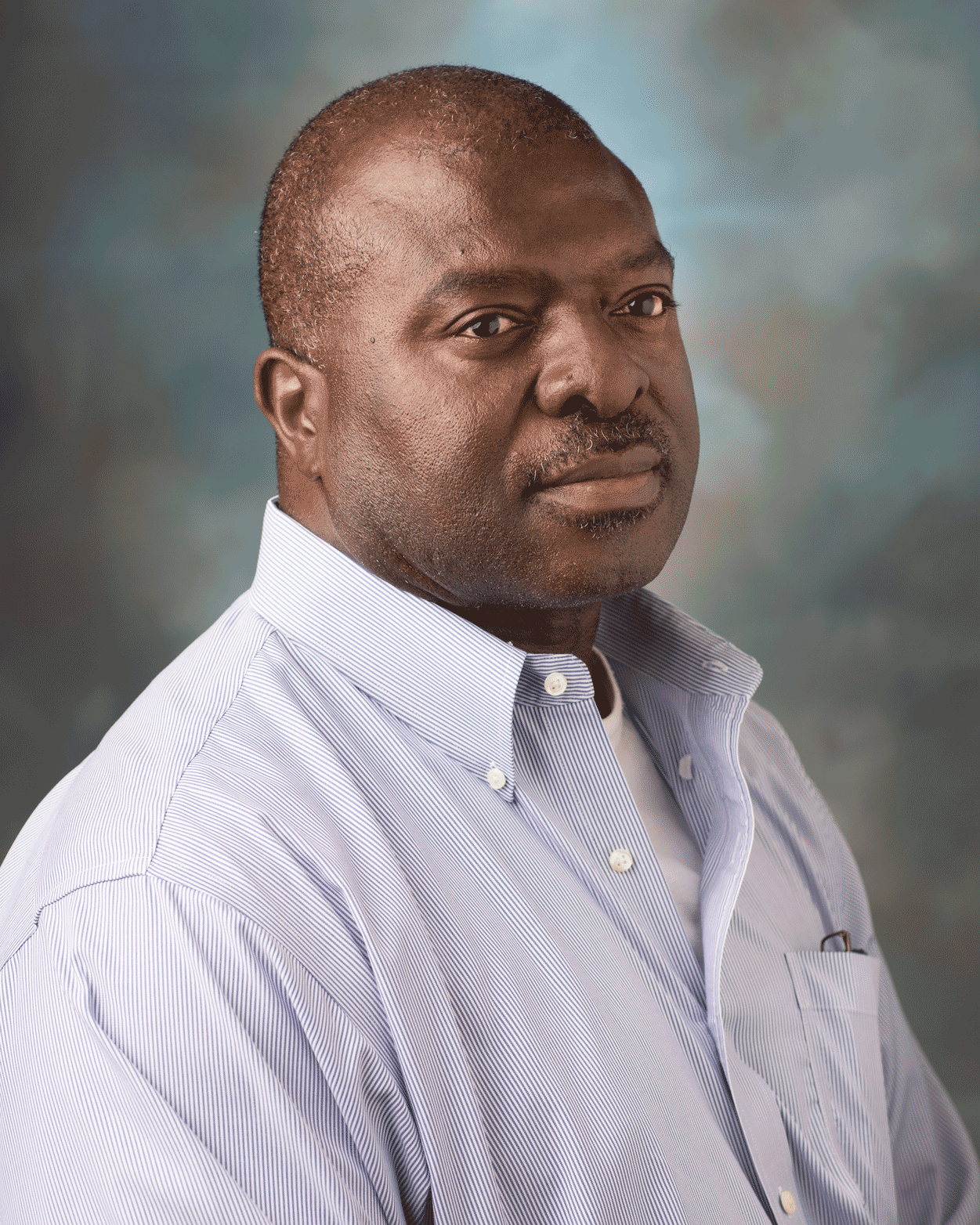Peter E. Kima
Associate Professor
-
Teaching Interests
- ZOO 4232 - Human Parasitology
- MCB 6772 - Advanced Topics in Cell Biology
-
Education
- P.h.D: (1992) Molecular Biology and Biotechnology, Hahnemann University, Philadelphia, PA
- Postdoctoral: (1992-1999) Yale University - Dep. of Epidemiology and Public Health, Department of Microbial Pathogenesis, School of Medicine, New Haven, CT
-
Description of Research
Intracellular pathogens deploy diverse and intricate mechanisms to survive within their preferred host cells. They then induce the release of mediators that modulate responses in infected tissues, including tissue vascularization and dampening of immune responses. Leishmania, our preferred organism, includes species that reside in cutaneous tissues where they cause self-resolving lesions or disseminated and mucocutaneous lesions. Other species are localized in visceral organs, including the bone marrow, spleen and liver, wherein they induce tissue aggrandizement that can be fatal.
The Kima laboratory is currently interested in three major topics in Leishmania pathogenesis.We aim to understand the mechanisms involved in the formation of their unique parasitophorous vacuoles (LPVs). Some parasites reside in large communal LPVs, while others reside in individual LPVs that enigmatically divide when parasites replicate. Past studies have established the role of soluble N-ethylmaleimide-sensitive factor Attachment Protein Receptors (SNAREs) that mediate the fusion of ER vesicles during LPV biogenesis. We then identified small molecules that interfere with syntaxin 5 and disrupt LPV biogenesis. More recently, we have commenced exploring the contributions of the endosomal sorting complexes required for transport (ESCRT) machinery in LPV division.
We aim to understand how infected cells contribute to the remodeling of infected tissue and the development of aberrant immune responses. Specifically, we have shown that small extracellular vesicles (sEVs) released from infected cells are loaded with cargo whose potential functions are varied. These functions may include the promotion of angiogenesis and the modulation of immune responses. We aim to investigate how targeting of the ESCRT machinery can be leveraged to control sEV content and their contributions to pathogenesis.
We showed that Leishmania infection induces sustained PI3K/Akt signaling. The molecular details of this process are of interest. Especially considering that this signaling pathway can be targeted by drugs to control Leishmania infections.
-
Publications
- Google Publications
- Non-canonical activation of the ESCRT machinery is required for division of Leishmania donovani parasitophorous vacuoles and persistencePeter E Kima, Javier RoserobioRxiv 2024.07.06.602309; doi: https://doi.org/10.1101/2024.07.06.602309

